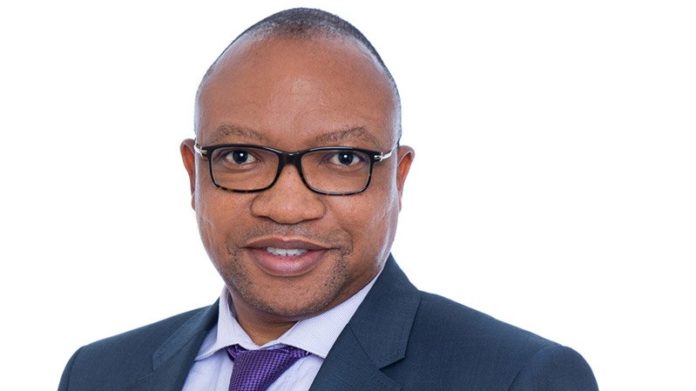
INDUSTRIAL Development Corporation (IDC) CEO, Tshokolo Nchocho, said the organisation was “optimistic” of a good outcome in avoiding a protracted legal argument with Kalagadi Manganese, the Northern Cape province company in which it has a 20% stake.
“It is a very legally guided process that is still unfolding,” said Nchocho at the IDC’s annual results presentation on Monday. “We are optimistic about positive outcomes.” He said the IDC was working on “an alternative mechanism to find a resolution”.
In May, the IDC attempted to put Kalagadi Manganese into business rescue claiming the company could neither repay nor service some R3bn in debt owed to it. A further R2.9bn was owed by Kalagadi to the African Development Bank. Kalagadi refuted the claim it was struggling with debt, but Nchocho later told Miningmx that it would take “… hundreds of millions of rands” to recapitalise Kalahari Manganese.
The matter was put before the High Court which judged the issue was not urgent and therefore postponed proceedings. Kalagadi Manganese has failed to reach nameplate production of 250,000 tons of manganese ore from its mine amid poor pricing for the steel-making ingredient, according to media reports.
The IDC has wasted no time implementing a fresh approach to investment after reporting on Monday a R3.8bn loss for its 2020 financial year. It said it was seeking an equity partner for Foskor, the phosphate producer which reported R1.63bn loss, and on Wednesday pulled its funding in the R4.2bn Boikarabelo thermal coal mine planned for South Africa’s Limpopo province by Johannesburg-listed Resource Generation.
It has later clarified that its retreat from Boikarabelo was not directly linked to a tightening in investment criteria, but linked to changing economic developments specific to the mine’s investment case.
The IDC’s COO, Joanne Bate, said at the firm’s annual results presentation that the institution would also walk away from the 630MW coal to power Thabametsi project in the Limpopo province. “We would not consider supporting it in its current form,” said Bate. “There is a need for clean coal technology but it is expensive.
“The focus is on renewables and we are working with Eskom for the conversion of power stations to gas and other alternatives. Coal is part of the mix but we need to assess how to respond,” she said. Last week, Korea Electric Power Company (TEPCO), a participant in Thabametsi, pulled out of the project.
“We need to be conscious of energy plan for country,” said Bate. “There is a preference for renewable [power] but we will see how coal can be supported.”










